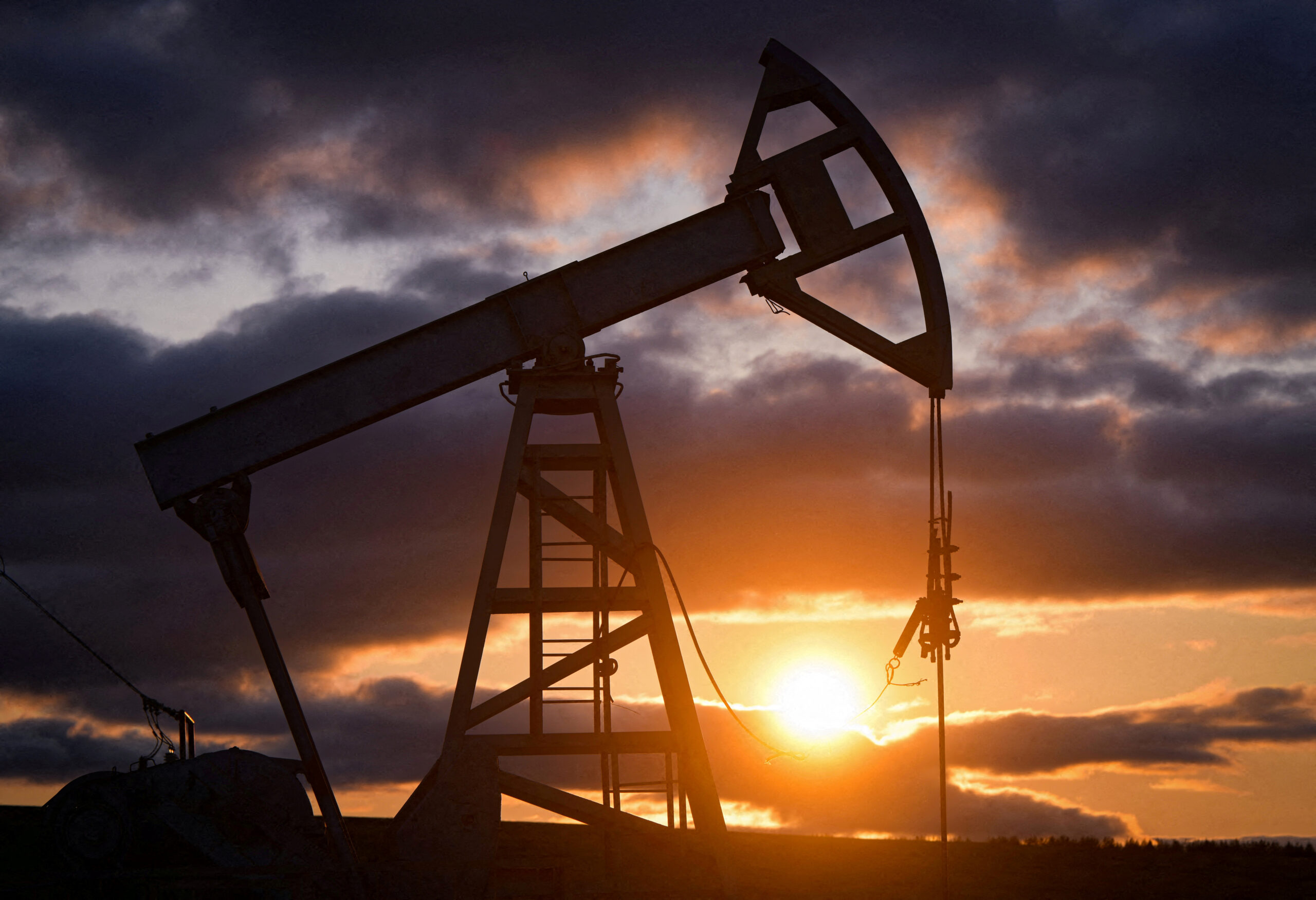Longevity, influence and the social media trap: Who do we trust with our health?
In a world where six-pack abs are flaunted more than six-point health plans, who are we really trusting […]

This decision follows a recent OPEC cabinet meeting held on Thursday, where 10 allied nations proposed further cuts in oil production to stabilize global prices. Angola’s current output of 1.1 million barrels per day, of the 30 million from the whole of Opec, constitutes just a third of OPEC’s target, rendering the quota ineffective for certain nations.
The Argument
Angola’s withdrawal stems from the belief that OPEC membership isn’t in its best interest. Mineral Resources and Petroleum Minister Diamantino Azevedo highlighted that remaining in OPEC would compel Angola to reduce oil production, contradicting its policy of opposing a decline and honouring commitments. This move symbolizes the government’s commitment to safeguarding national security and economic policies.
Minister Azevedo said, “We feel that at this moment Angola gains nothing by remaining in the organisation and, in defence of its interests, it decided to leave.”
In a further statement, he emphasised that, “If we remained in OPEC… Angola would be forced to cut production, and this goes against our policy of avoiding decline and respecting contracts.”
The Facts
Announced during a cabinet meeting, Angola, a major oil exporter in sub-Saharan Africa alongside Nigeria, made the decision to leave OPEC.
The swift sell-off triggered by the withdrawal caused Brent prices to drop by over $1, settling at $78.5 per barrel.
Minister Azevedo emphasized that the decision aligns with Angola’s objective of increasing foreign earnings rather than curbing production. Angola and Nigeria expressed dissatisfaction as OPEC’s call for production cuts coincides with their need for foreign exchange.
Despite substantial mineral and petroleum resources, Angola’s economic growth has been remarkable, yet uneven.
After 16 years of been an OPEC member, Angola joins a list of countries, including Ecuador, Indonesia, and Qatar, who have previously left OPEC.
Geopolitical factors, such as Russia’s invasion of Ukraine and recent attacks in the Red Sea have influenced crude oil prices. The price of crude oil soared, exceeding US $120 per barrel in June last year. But then retreated again to slightly more than US $70 per barrel in May of this year, and has been steadily rising since, prompting OPEC’s attempts to control their decline.
The Organisation of the Petroleum Exporting Countries (OPEC) is a coalition of oil-producing nations that determines the quantity of crude oil to be sold globally, and it includes an extended coalition known as OPEC+.

In a world where six-pack abs are flaunted more than six-point health plans, who are we really trusting […]

In the era of social media, post-COVID, and with mental health at the forefront, a shift is taking […]